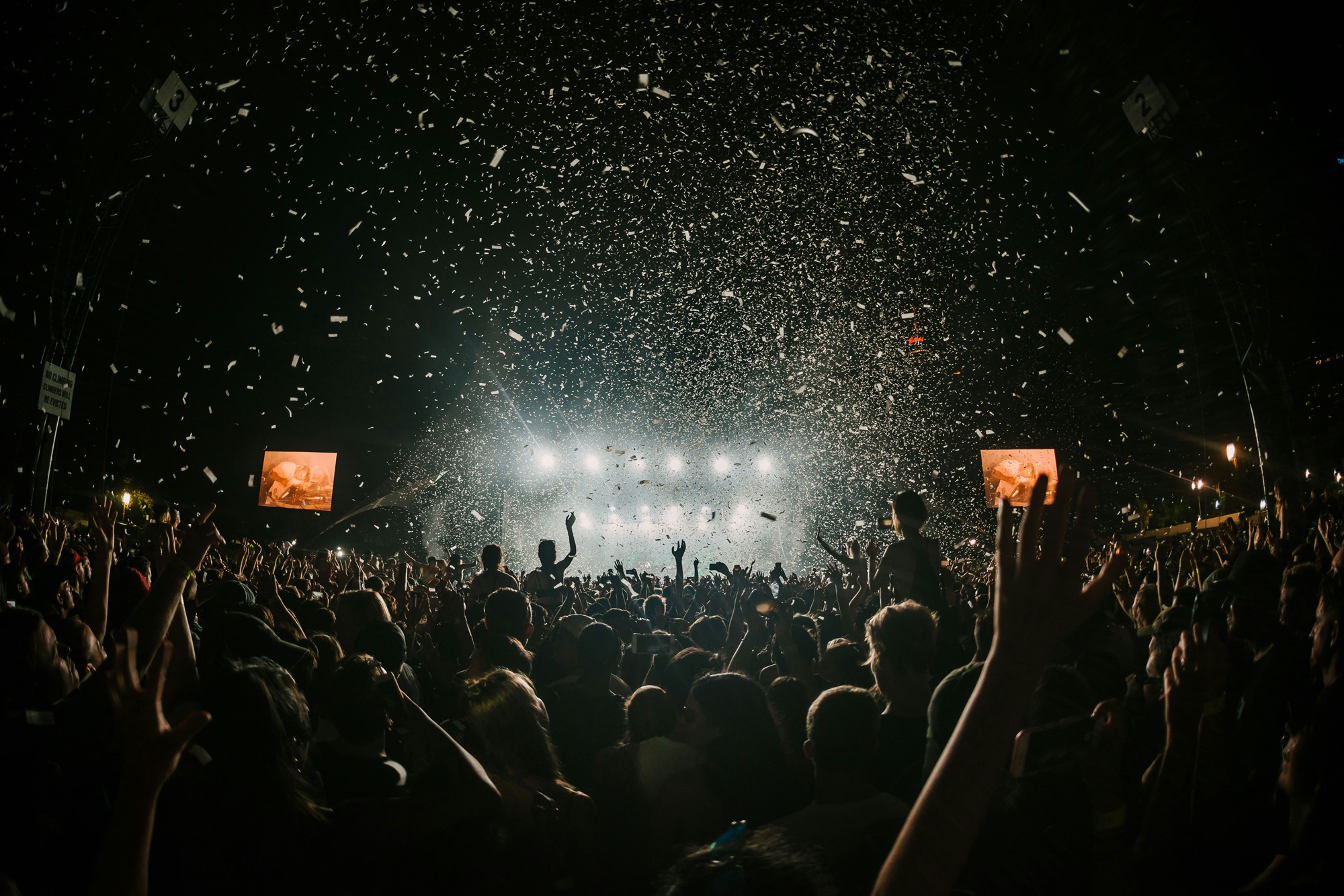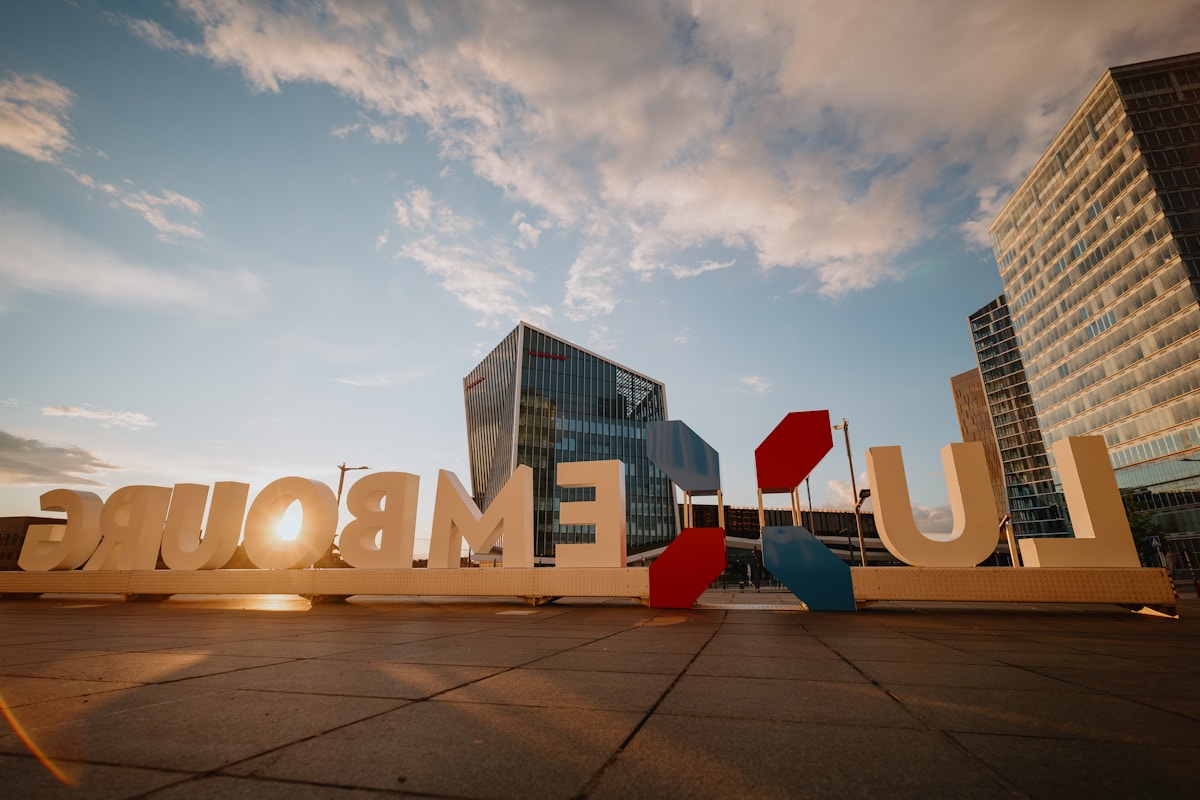Wiltz
Nestled in a serene setting of lush hills and peaceful valleys, Wiltz is a charming city situated in the heart of the Éislek region within the Nature Park Upper-Sûre. At the top of the city stands the ancient castle of the former Counts of Wiltz, which now houses a tourist information center and two museums. Beer enthusiasts can explore the National Museum of the Art of Brewing, showcasing Wiltz’s rich beer brewing history through its micro-brewery. Additionally, history buffs can immerse themselves in the Battle of the Bulge Museum’s exhibitions. Each summer, the castle’s grand Renaissance staircase transforms into the backdrop for the renowned “Festival de Wiltz”.

Wiltz Festival
Ever since 1953, an unmatched outdoor theater has been held annually at a castle for artists, theater groups, and musicians from all over the world. In the beginning, a few people from Wiltz came up with the idea to start a festival in Luxembourg. It started with theater and naturally transitioned into music, drawing both knowledgeable audiences and casual fans. Over the years, the Festival of Wiltz has showcased some of the greatest artists of our time, a first for the country. To address issues with bad weather, a retractable roof was added to cover the main stage in 1991, providing shelter for thousands of spectators and exceptional acoustics.

What to do in Wiltz
Nestled in the picturesque Ardennes region of Luxembourg, Wiltz is a historic town that dates back to ancient Celtic settlements and was officially granted town status in 1240. The town is divided into an upper and lower section, with the upper part featuring the castle of the former counts of Wiltz, who were some of the oldest noble families in Luxembourg. Wiltz played a significant role during World War II, as it was occupied by the Nazis from May 1940 until its liberation in January 1945, during which time 80% of the town’s homes were destroyed in the Battle of the Bulge.
One of the best ways to explore Wiltz is by walking along its cultural trails. You can embark on the 3km yellow trail in the upper town, where you can see 12 inscriptions explaining how Wiltz earned its nickname of Martyr town. Along the way, you will pass by attractions like the Jardin de Wiltz and the baroque high altar at the parish church of Notre Dame. Alternatively, you can opt for the 4.5km red trail, which takes you from the Nieder-Wiltz bridge to the sanctuary of Our Lady of Fatima and Decanal church. History buffs can follow the remembrance trail to Schumann’s Eck, where they can see the battlegrounds where American and German soldiers clashed, culminating at a tomb dedicated to the 28th infantry division and the National Liberation Monument.
Spread across 600 acres of lush lawns and gardens, the Wiltz Castle is a must-visit destination that hosts several museums and events throughout the year. Within the castle premises, you will find the National Museum of Brewing in the castle stables, showcasing the evolution of beer production spanning over 6,000 years. Apart from its informative exhibits, visitors can also explore the world’s tiniest micro-brewery to learn about the brewing process from grain cultivation to fermentation. Inside the castle, the Tannery Museum sheds light on Wiltz’s leathermaking history dating back to the 1640s. Additionally, visitors can visit the Museum of the Battle of the Bulge, established in 1970, which recounts the events of the Ardennes Offensive in December 1944, highlighting the hardships faced by soldiers and residents through a collection of photos, artworks, documents, and war memorabilia.
-

A Walk Down Memory Lane: Fond Moments from Previous Wiltz Festivals
The Wiltz Festival has a long-standing reputation as a captivating celebration of music and arts, making it a must-visit event on Luxembourg’s cultural calendar for many years. Held in the charming town of Wiltz, nestled in the stunning Ardennes mountains, the festival has been a stage for a diverse range of performances—from local talents to…
-

Wiltz Food Guide: 10 Restaurants and Street Food Stalls You Must Try in Wiltz
Wiltz is a charming town located in north-western Luxembourg. Situated on the banks of the Wiltz River, this town has a rich history and was even a battleground during World War II. Today, it offers a great selection of restaurants and street food stalls that cater to various tastes. Whether you’re a vegetarian looking for…
-

Wiltz – Discover a fairytale of castles, counts, and windmills
In the Ardennes region, you’ll find the town of Wiltz, which is divided into two parts: the upper town with its castle on a plateau, and the lower town located in the valley near the river. Its name originates from a Celtic term that means “on the creek,” with evidence of a Celtic community by…
Festival Tickets Scam Warning
Beware of ticket scams targeting people interested in high-profile concerts and festivals! Criminals set up fake websites and social media profiles to sell non-existent or fraudulent tickets. They might use real ticket images to deceive buyers. Scammers contact potential victims through texts, emails, or direct messages, advertising fake tickets. We found one such number on who called me where people were being contacted to sell them fake tickets.
To avoid being scammed, buy tickets only from legitimate sellers only. Payment by credit card provides some refund protection. Be cautious if offered tickets at unusually low prices, asked to pay via bank transfer, or directed to meet a seller outside the venue. Check website URLs for any subtle differences that could indicate a scam. If you have been scammed buying festival tickets, please visit ECC net to seek advice . Stay safe and protect yourself from ticket fraud!